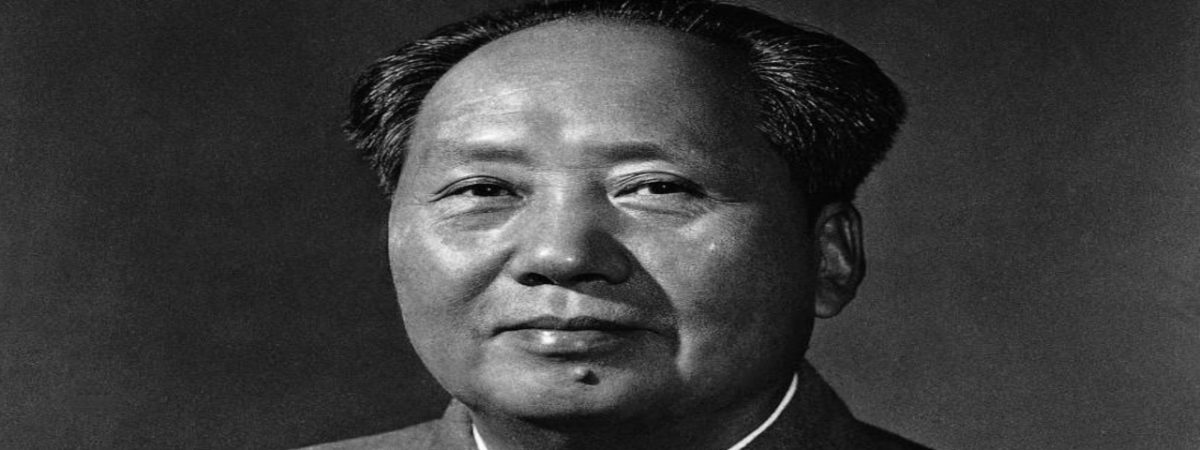A response to the Pope’s attack on libertarianism
SUGGESTED



Understandably, such people were unimpressed by the Pope’s remarks. This attack on libertarianism perhaps touched a raw nerve, given strong implications in past statements from Pope Francis (and, to an even greater degree, by Cardinal Rodriguez of Honduras) about free markets creating an economy of exclusion and greater inequality.
There is understandable concern that comments such as these, coming during an era in which global inequality is falling and poverty falling more rapidly than at any time in the history of the planet, will change the political climate in such a way that policies that lead to prosperity for the poor will be rejected.
So, is his attack on libertarianism yet another attack on free markets? As so often with the Pope, it is difficult to say. However, he seems to be attacking a particular philosophical mindset. It is, indeed, incompatible with Catholicism to believe that ‘only the individual decides what is good and what is evil’ or to deny the common good because the ‘notion of “good” deprives freedom of its essence’. He suggested that libertarianism promoted the idea that ‘all relationships that create ties must be eliminated’. Well, certainly such ideas should be contested.
But, these are not the views of mainstream believers in a free economy, or even mainstream libertarians. Those who believe in a free economy, do so because it promotes social co-operation, harmony, peace and prosperity. The sophisticated social institutions, such as mutual banks and insurance companies, friendly societies etc, which were so pervasive in early 20th century Britain, were the product of the socialisation that arises in a free society governed under the rule of law.
As Hayek (often described as a libertarian) put it, ‘the silliest of the common misunderstandings’ is ‘the belief that individualism postulates (or bases its arguments on the assumption of) the existence of isolated or self-contained individuals, instead of starting from men whose whole nature and character is determined by their existence in society.’
The vast majority of those who believe in a free economy and who would style themselves ‘libertarian’ believe that the coercive power of the state is problematic and, when over-reached, does not lead to social harmony or prosperity. This is something to which Aquinas gave a substantial amount of thought, and it is a subject where words should be chosen carefully and where critical analysis is important. Libertarians have come to a particular view about the role of the state (for a variety of reasons) and do not automatically eschew the whole idea of the common good.
It is true that there is a small number of libertarians who regard selfishness as something good in and of itself. However, it is difficult to understand how the Pope could possibly come to the conclusion that there are ‘grave risks associated with the invasion of the positions of libertarian individualism at high strata of culture and in school and university education’.
At the last election, only 11 per cent of university academics in the UK declared a voting intention for a party that was not explicitly socialist or social democratic, and the majority of that 11 per cent will not have been libertarian. Even if libertarianism is problematic, the 2 or 3 per cent of university academics who might be libertarian do not constitute a ‘dangerous invasion’.
This article was published by the Catholic Herald.




